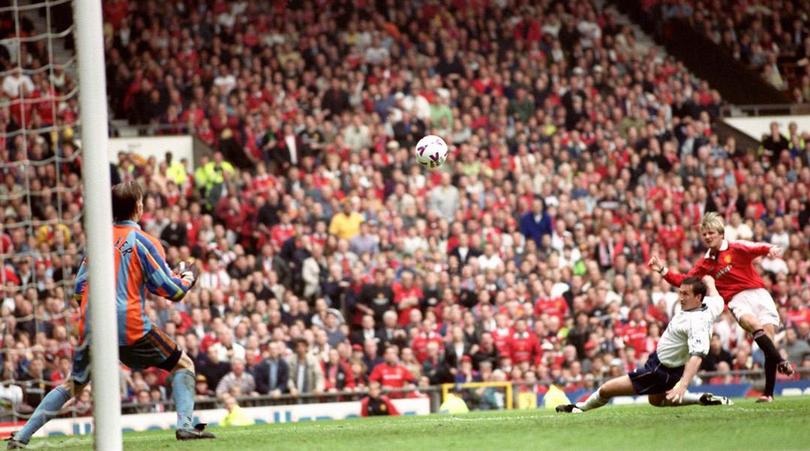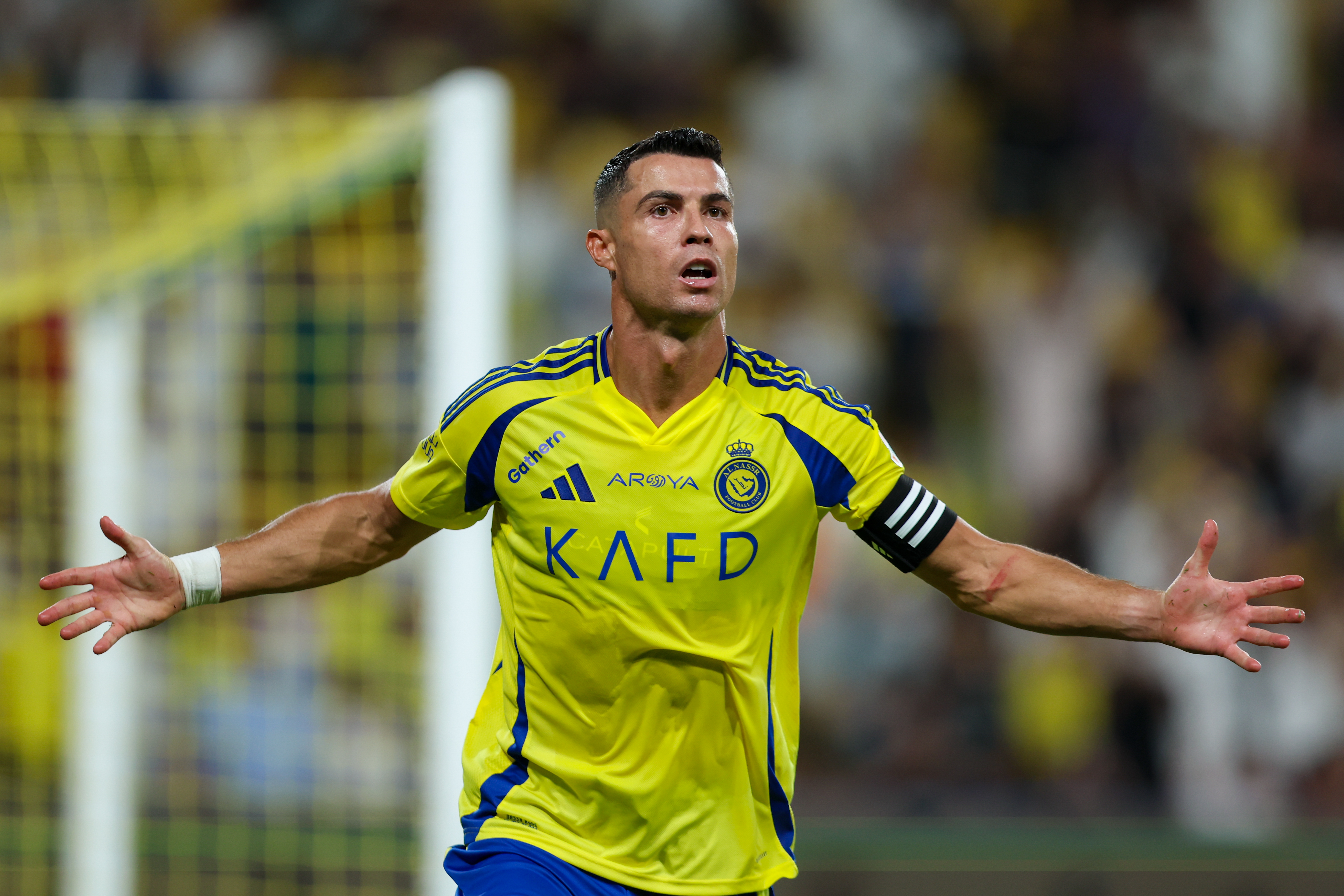Andy Mitten column: Why the Solskjaer euphoria died – and what must happen to get it back
Manchester United – and indeed, Ole Gunnar Solskjaer – yearn for the attacking football of old. But there's a long road ahead to get anywhere close
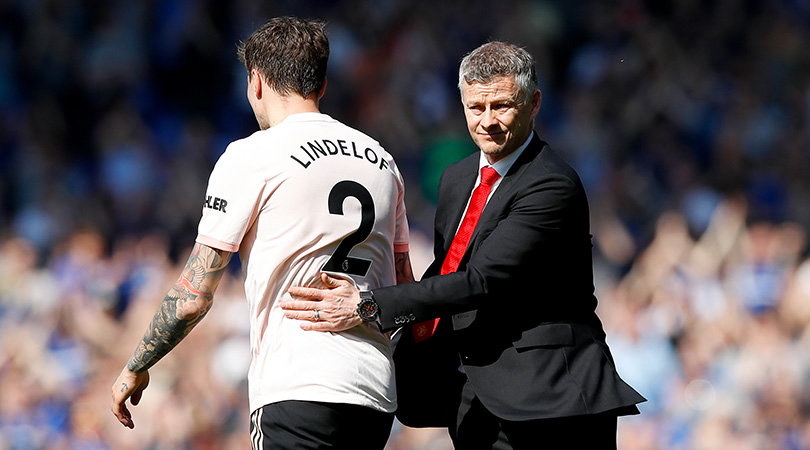
Andy Mitten has been the editor of fanzine United We Stand since 1989
---
Sometimes it takes the enemy to point out the obvious. On Sunday, before Manchester United’s tame surrender at Goodison Park, I had the misfortune of spending some time with Liverpool fans. One is an old friend; another kindly let me park my car at his mother’s house close to Goodison.
They’ve both watched Liverpool home and away for decades. They’re having the time of their lives – partly because United aren’t, and instead starting to look like Liverpool of the ‘90s.
I try to console myself with the explanation that football is cyclical. But that United are on a downwards cycle, failing to mount a title challenge for a sixth successive year, is a grave concern. Even more concerning is the knowledge that the team won't be close to one next season.
There’s history
The two scousers didn’t take the opportunity to kick a club while it’s down, but talked instead of United being renowned for attacking football. That’s United in the ‘70s, when Liverpool were top dogs (and so good that they would have won the 1977 league title, FA Cup and European Cup treble had United not beaten them in the FA Cup final).
Get FourFourTwo Newsletter
The best features, fun and footballing quizzes, straight to your inbox every week.
That’s also United in the ‘80s (Everton were so good that they would have won the 1985 league title, FA Cup and Cup Winners’ Cup treble had United not beaten them in the FA Cup final); and – obviously – United in the ‘90s and noughties.
Naturally, Liverpool and Everton both hated United, but they respected them for playing attacking football; for promoting young players and using wingers.
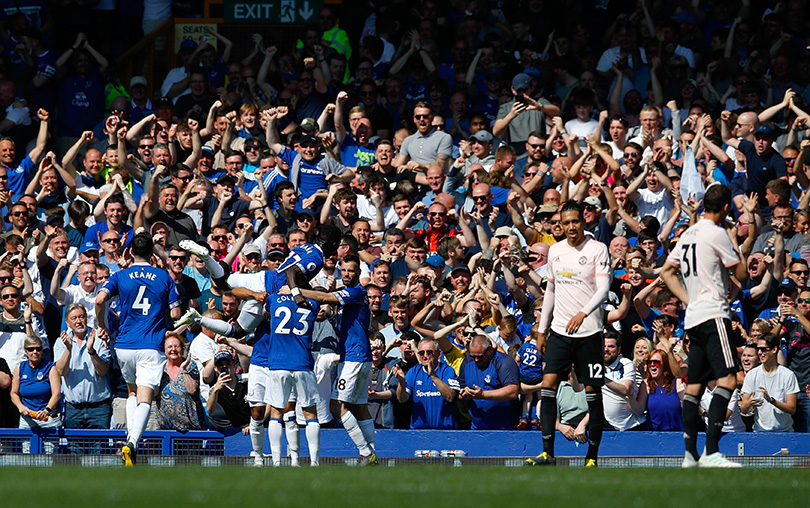
Ole Gunnar Solskjaer buys into all of this, but his squad is comprised of players brought in by four different managers. How many of those signings had been targeted to fit into a United system, rather than players bought in part because of their commercial appeal, availability and star status?
Real Madrid change their manager every eight minutes, but they always have an underlying structure led by a sporting director – and an interfering president, it must be said. Not so at United, although the situation has been more complicated at Old Trafford because each of those four post-Ferguson managers wanted their teams to play a different way. And that is still the case.
Ole’s game
In contrast to the more pragmatic Jose Mourinho, Solskjaer wants his players to be attack-minded, using the pace of Marcus Rashford and Anthony Martial to hurt opponents. United's players like it that he wants his full-backs to push up, and that he focuses on their strengths first rather than opponents’. But those full-backs need to be very fast and get back quickly. United went into this season with Antonio Valencia, 33, as the established right-back, who wasn’t up to it. He’s been superseded by Ashley Young, 33.
Solskjaer is fine with the other team having possession. Some of United’s best results have come when opponents have more of the ball – though not Barcelona levels of possession – if United can hit them quickly on the counter-attack with pace. But to do that, his team needs to be fitter than they are.
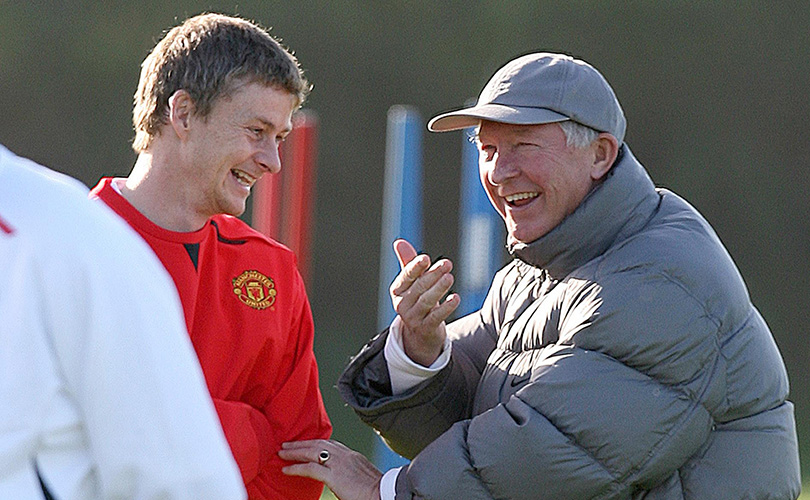
They also need to be more clinical against the lesser teams when they have more possession – most teams don’t come to Old Trafford and expect to have the ball so much. They certainly don’t expect United to be so open when they lose the ball, in part because United lack a dominant, disciplined central midfielder. Solskjaer has been using two sitting midfielders to help Pogba get forward. These became two sitting ducks against Everton, who played the ball over the top of both again and again to considerable effect.
Honeymoon’s over
The surge of enthusiasm under Solskjaer has gone; the glorious three-month honeymoon ended when he got the job full-time and United started losing.
He has a huge task trying to right the many wrongs at Old Trafford, and mould this motley collection of overpaid talent into a successful collective and winning machine. The Norwegian is at a club where great progress has been made reorganising the youth system, but where the staff working with the first team have faced continual changes.
Despite the current failings, United could finish in a top-four position they were 11 points off when Solskjaer took charge – and play in a Champions League they don’t have the quality to win next season. The two teams racing for the title are miles ahead, but United are still in the losers’ race to see who’ll finish third and fourth.
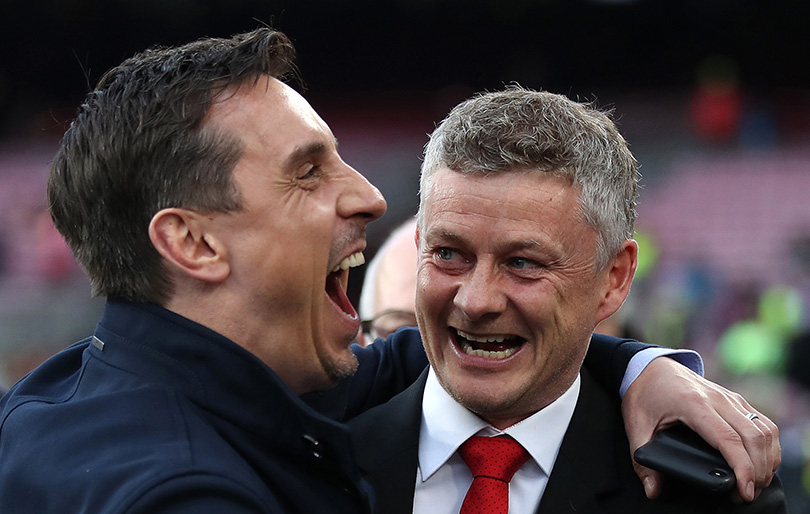
Fans are deeply concerned about the slump and aren’t convinced that buying several new players in the summer will lead to that much of a change – since that’s what has been done for the last five summers.
There has been much talk of bringing in a sporting/technical director. United have politely said ‘thanks but no thanks’ to some of the very best in that field. You’d hope that the club have it all in hand – though coach and former assistant manager Mike Phelan is not the man that the club intend to employ in such a position.
Up next
In the meantime, United have the small matter of a Manchester derby at home on Wednesday night, then Chelsea at home on Sunday. More defeats will undoubtedly invoke the knee-jerk ‘ship them all out/not fit to wear the shirt’ narrative which has so rapidly replaced the ‘Ole’s at the wheel/United are back’ euphoria. A couple of wins could see the team limp home in fourth, with the hope that Solskjaer gets the power, support and structure he needs to start building a brighter United.
I spoke to Gary Neville for the cover story about Solskjaer in the latest FourFourTwo – a conversation which took place in Paris on the night of United’s great comeback. Gary was, as you might expect, not getting carried away.
“United have to bring a sporting director,” said Neville. “They have to support Ole with the right people around him recruitment-wise. If they don’t bring the right players in, then Ole is dead.
“The best managers in the world have been at this club in the last few years and they’ve failed in part because the recruitment has been poor. Recruitment, the medical department and the sport science department all need to be right.”
It’s hard to argue with him.
Want more Mitten? Hear him on Episode One of the FourFourTwo podcast, discussing whether Gary Neville would make a good technical director at Old Trafford.
Players, coaches and pals explain why Ole Gunnar Solskjaer was able to save the Red Devils’ ailing season, in your latest FourFourTwo magazine. Out now!
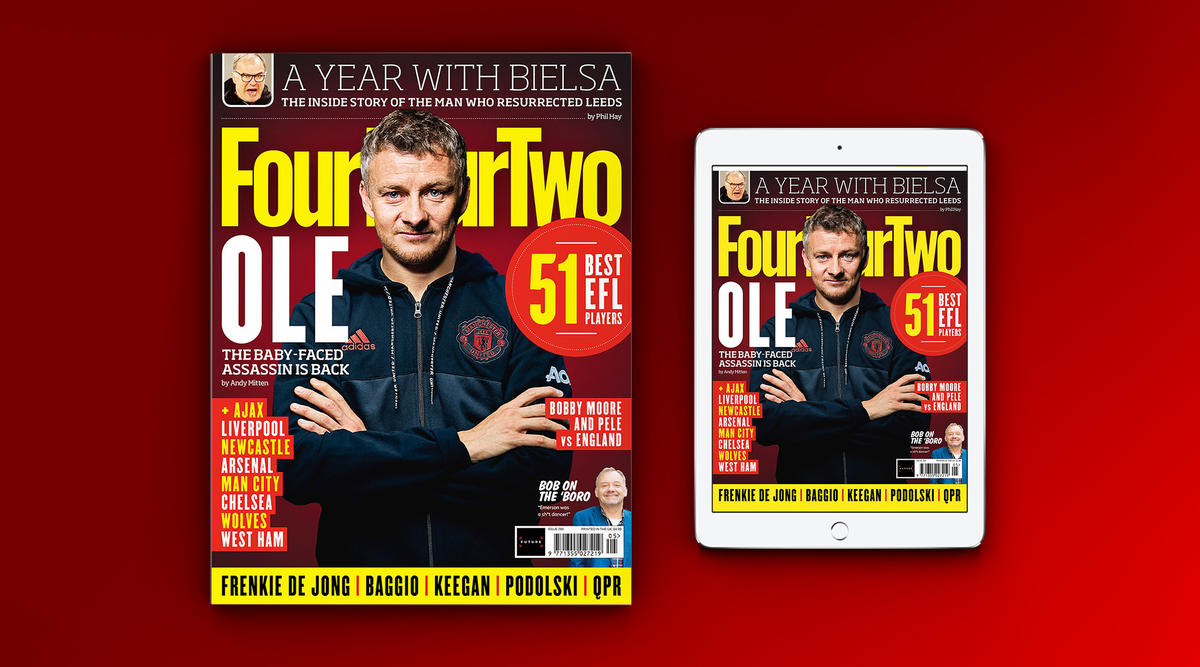
While you're here, why not take advantage of our brilliant new subscribers' offer? Get 5 copies of the world's greatest football magazine for just £5 – the game's greatest stories and finest journalism direct to your door for less than the cost of a London pint. Cheers!
Then read...
RANKED The 50 best players in the Premier League this season

Andy Mitten is Editor at Large of FourFourTwo, interviewing the likes of Lionel Messi, Eric Cantona, Sir Alex Ferguson and Diego Maradona for the magazine. He also founded and is editor of United We Stand, the Manchester United fanzine, and contributes to a number of publications, including GQ, the BBC and The Athletic.
